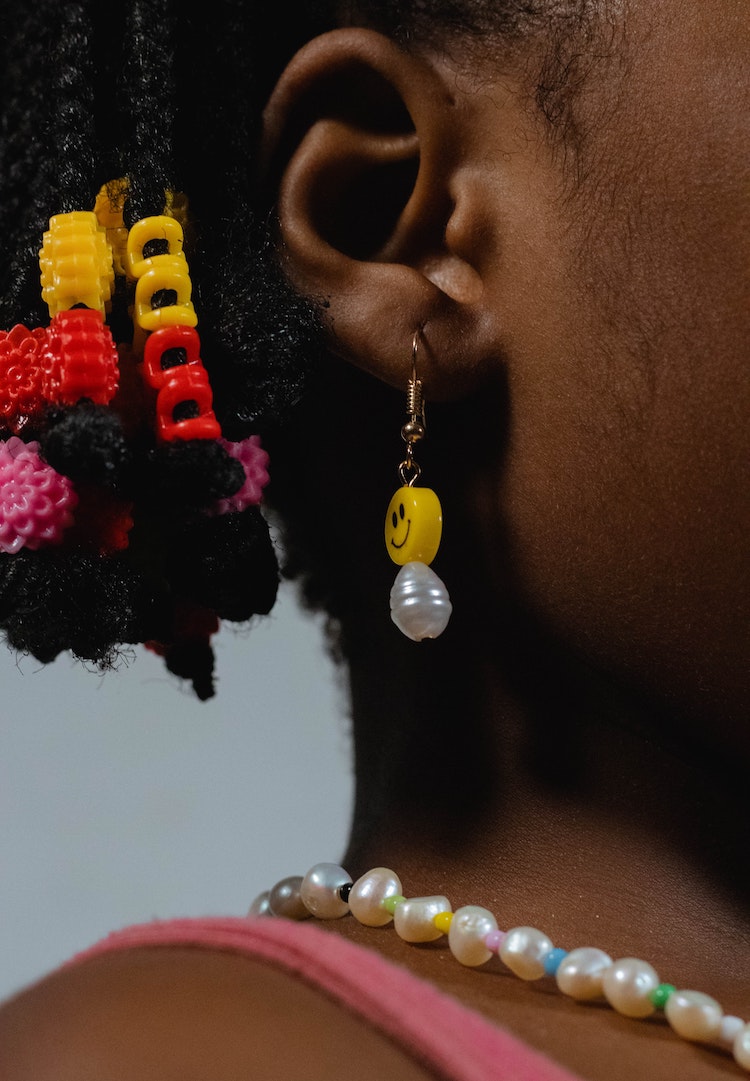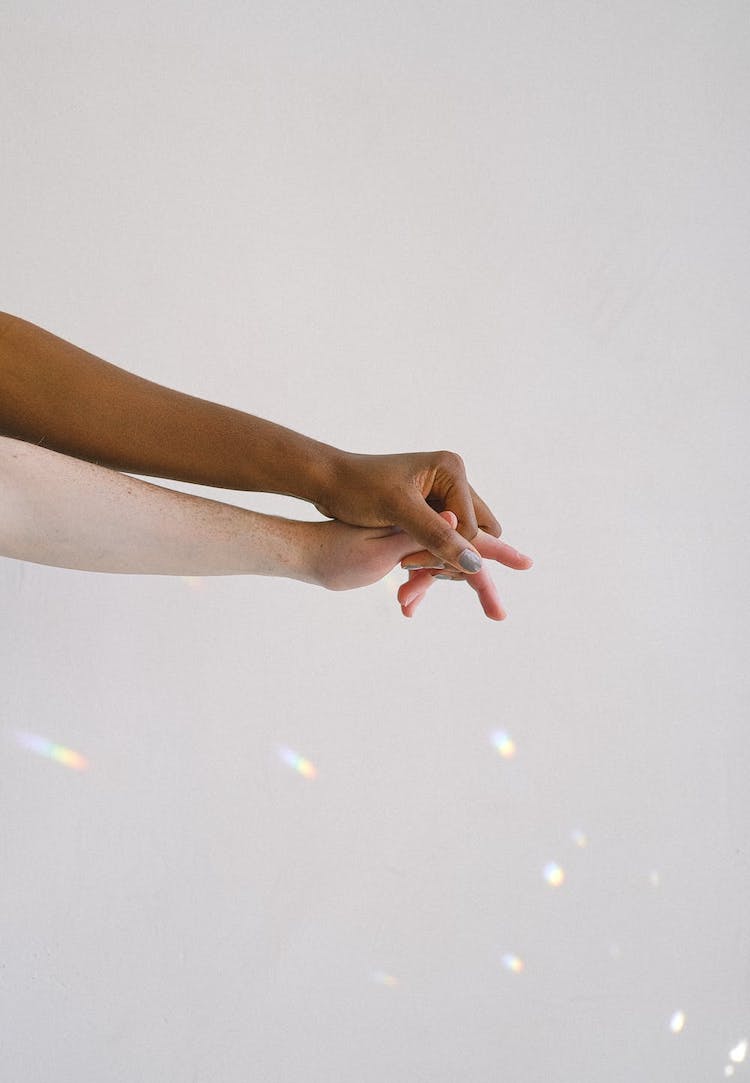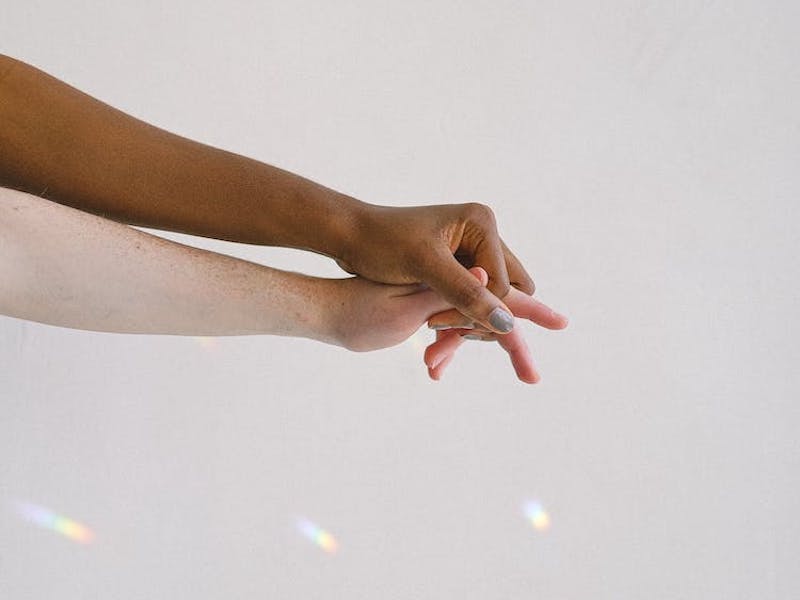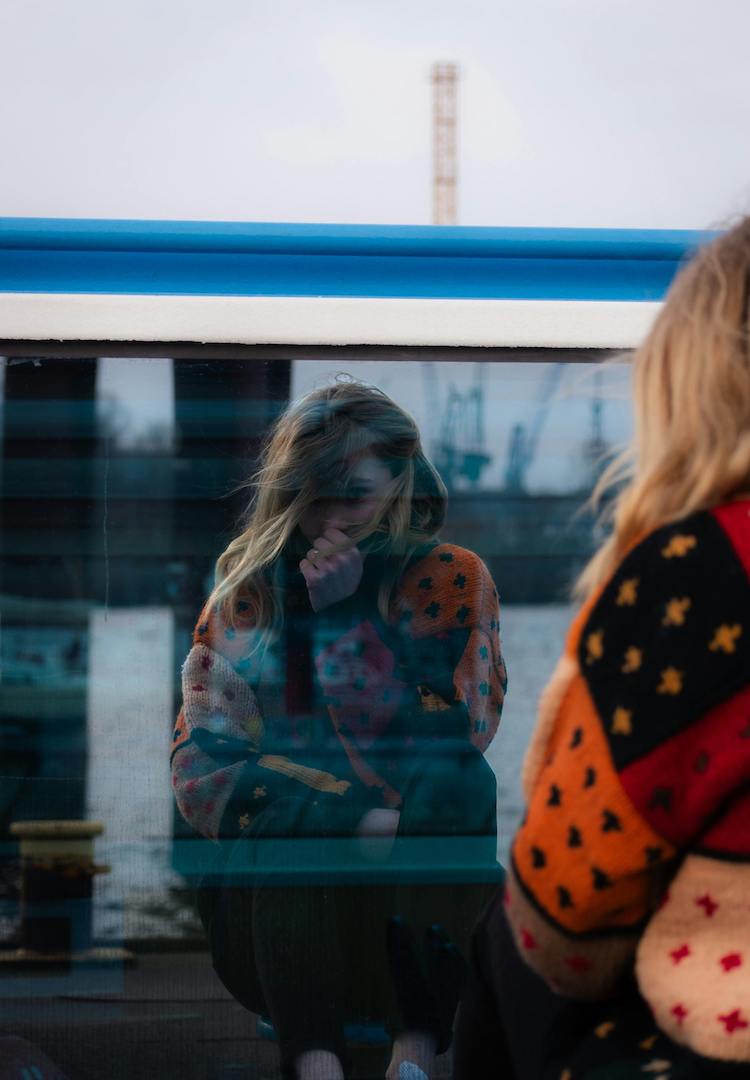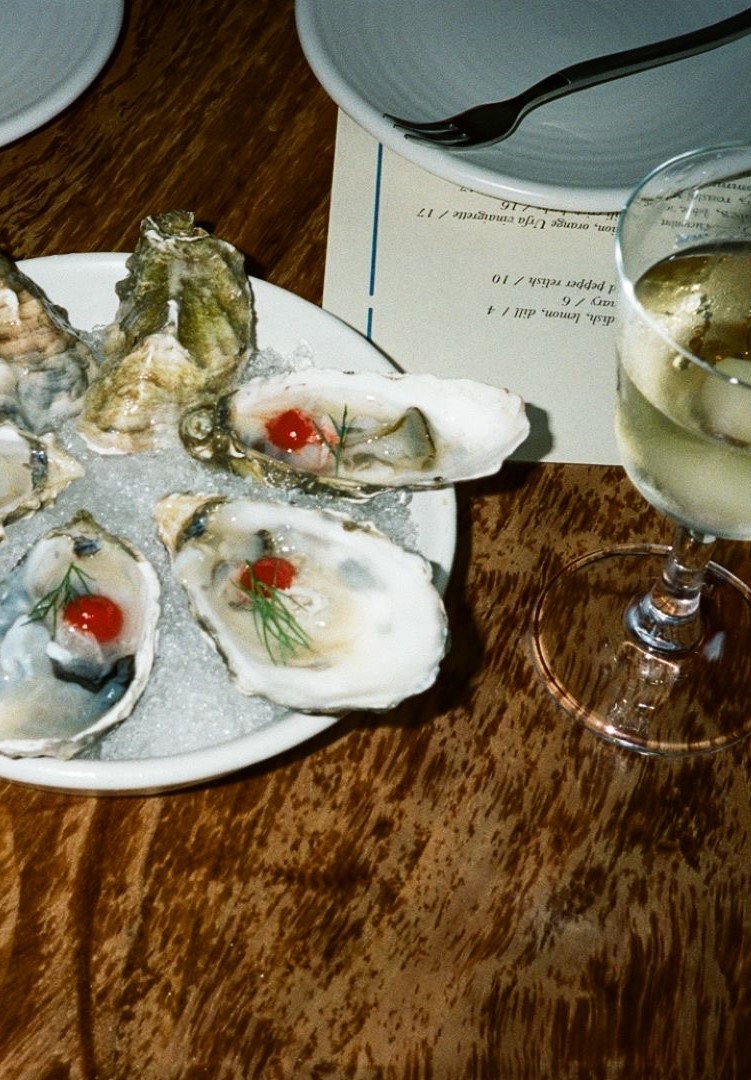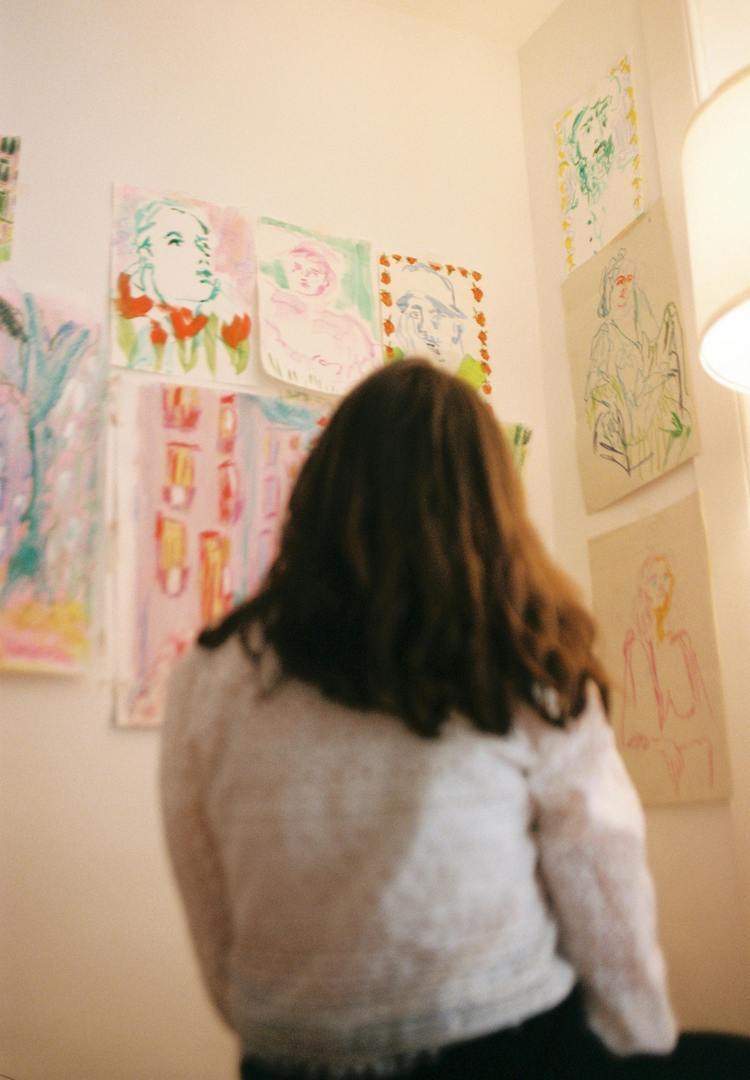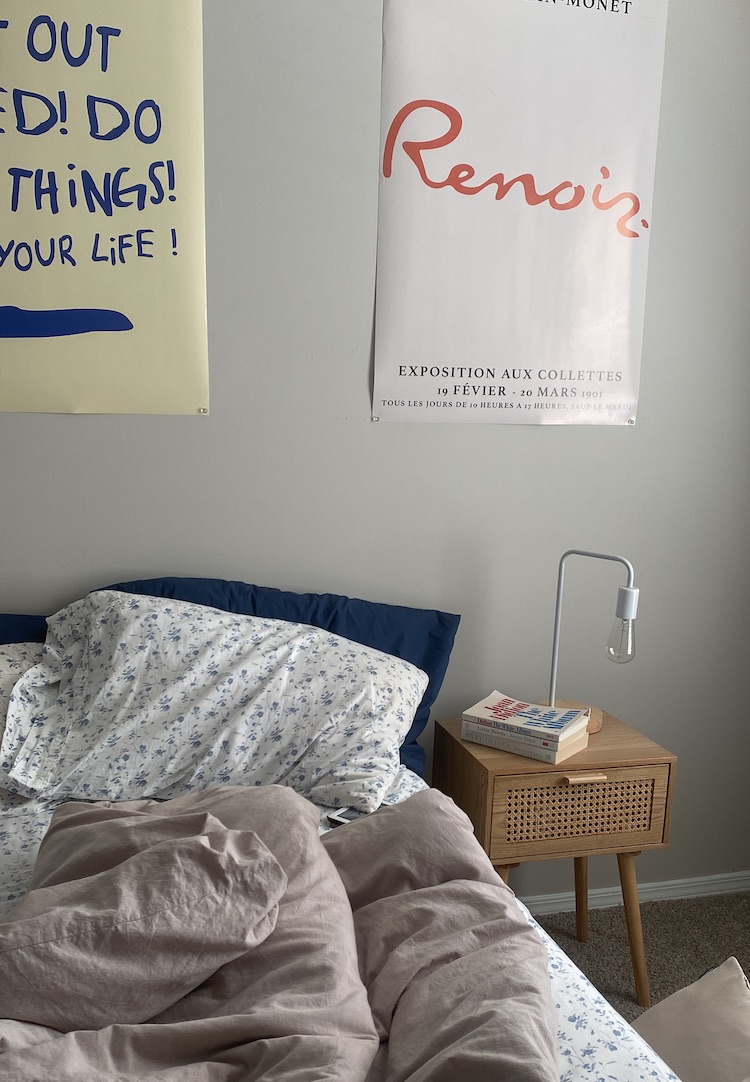Why aren’t we talking about platonic heartbreak?
WORDS BY MIA HARRISON
“We all experience something like this at some point but we don’t accept the effect it has on us.”
In your twenties, you will lose friends. You should expect to have a number of significant shifts within your friendship circles. You’ll meet some great people, and some not-so-great people, and inevitably, some friends you were once close with will turn into strangers.
For more stories like this, head to our Life section.
But have you ever had a particularly painful breakup? I don’t mean in the romantic sense, with someone we would traditionally label as an ‘ex’ – I mean the type of breakup you go through when you and a friend are no longer speaking, or are barely speaking.
Why we should be talking about it
We don’t approach these platonic breakups in the same way we approach romantic breakups and I believe this is to our disadvantage. Most of the time, we’re happy to sit around with our friends and talk about our romantic exes for months at a time, almost ad nauseam.
But when it’s our friends that are the ones breaking our hearts, we’re often quick to put our walls up. There’s a sense of self-preservation involved in withholding these feelings and I can’t figure out why many of us feel the need to ignore this very common phenomenon. Why is it that we shy away from something that’s almost guaranteed in life and clearly so impactful?
I felt quite lost when a friend I had for over five years stopped speaking to me. She was my everything and I still love her very deeply to this day. But almost four years ago when I transitioned to my new life in Melbourne, an hour away from our hometown, I fell out with the group of friends I had grown up with.
I was okay with this as I felt I’d outgrown some of them and I was ready to meet new people. But I was particularly guttered that this particular friend and I couldn’t manage to maintain our relationship from afar. We had a few fights and, eventually, she stopped texting and calling. I was left with no closure.
So why is an experience like this treated differently from a romantic breakup? I probably really needed to talk about it at the time. But in the initial stages of my grief, I felt as though I had to treat the separation as a mutual decision, or as if I didn’t care about her. Any time the conversation came up I acted nonchalant and hid my true feelings. It wasn’t until a few years later that I was finally comfortable admitting that it hurt and that I do, in fact, miss her dearly.
In an effort to be honest with my feelings, I’ve come to find this isn’t something I’ve been alone in. So I spoke to my friend Steph* about her own experience and asked her why she thinks we don’t give friendship breakups enough compassion or understanding.
Have you been affected by a platonic breakup?
I have, with a friend that I had had since I was 16. It happened early last year after we had been living together for about nine months. After we finished high school, we drifted apart from each other, but when I came home from living in London we reunited. I was in a weird place with my family and we both needed someone to talk to, so we reached out to each other. After that, it became a very intense friendship.
What do you mean by an intense friendship?
It was like a relationship. We were constantly talking to each other. We always knew what was happening in each other’s lives and if we ever didn’t speak, we would be like “What’s going on?” to the other one. We were very in sync with each other’s mood[s].
Would you say that there was an element of codependency?
Yeah, for sure. Definitely. I think that was because of the lockdown as well. We were each other’s person. We weren’t doing anything else, so we just wound up being together every day. When lockdown hit, we were worried that we may not see each other for a long time, so we moved in together. But… yeah, it was definitely a codependent relationship.
So, what went wrong?
When we were living together, old problems came to the surface again. There was a lot of passive aggression, and it wasn’t a healthy living environment for either of us. It became toxic. In the end, I was the one who decided to move out. There was a lot of tension right up until I left, mostly because we just weren’t communicating properly. When I first moved out, we tried to maintain our friendship.
I found it really hard to adjust because I was used to having her around all the time. We would reach out to each other a lot, and as this was still during all the COVID stuff, we would go on walks together. But slowly over time though we just needed each other less. I think that the initial moving-out phase was the hardest. It was the realisation that this person wouldn’t be around anymore. I realised it was going to be very different. I realised it wasn’t the same relationship anymore.
How did it affect you?
I was very emotional at the time… but she was also still the number one person that I would reach out to, so I think that’s why it didn’t fully hit me in the initial stages when I moved out. But it didn’t feel right, it wasn’t the same. A lot of the emotions I was feeling were coming from her and this situation that I found myself in. It was odd to be reaching out to the person who had caused pain.
So, I sort of stopped doing that because I could tell it was taking a toll on me. I was running to someone for emotional support who was the one that was inflicting the emotional damage. It took a long time to realise that. It was months after I had moved out. Realising it wasn’t the same friendship happened in phases. I was kind of like, in denial that the friendship couldn’t be the same. I thought that moving out would be the best for our relationship and that after splitting apart we could continue being friends. But yeah, that wasn’t the case.
Do you think people give platonic breakups enough credit?
I don’t think they’re given enough credit. I don’t think platonic relationships are put on the same pedestal as romantic ones. Friendships aren’t usually seen as intense. They don’t come with expectations. I think it’s hard for people to understand if their idea of friendship is different to yours. It’s complicated, I think.
You can have all the same feelings for a friend as you would with a romantic partner, it’s just… platonic. We all experience something like this at some point but we don’t accept the effect it has on us. During the whole break up, I was reflecting a lot. I was thinking about it constantly, more than I’ve thought about romantic partners.
We’ve all been through it
So if these platonic breakdowns are so common, why don’t we acknowledge them and give them the space they deserve? Perhaps if we were able to have more of an open dialogue about them it would relieve the secret pain we suffer when things go awry. Despite living in an age of honesty and openness, we still have a long way to go when it comes to discussing the intensity and importance of friendships.
*Names have been changed.
For more on friendship breakups, head here.

